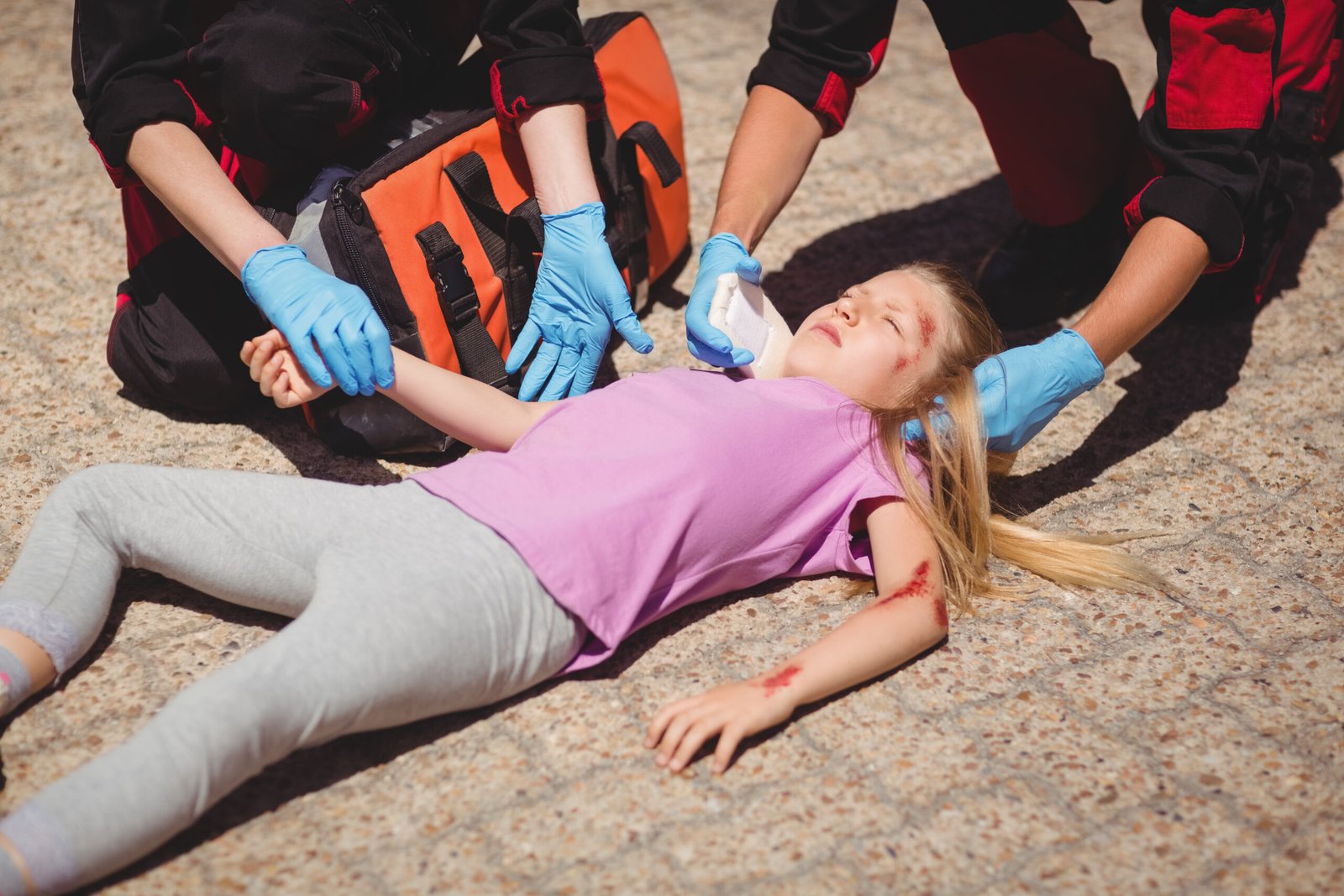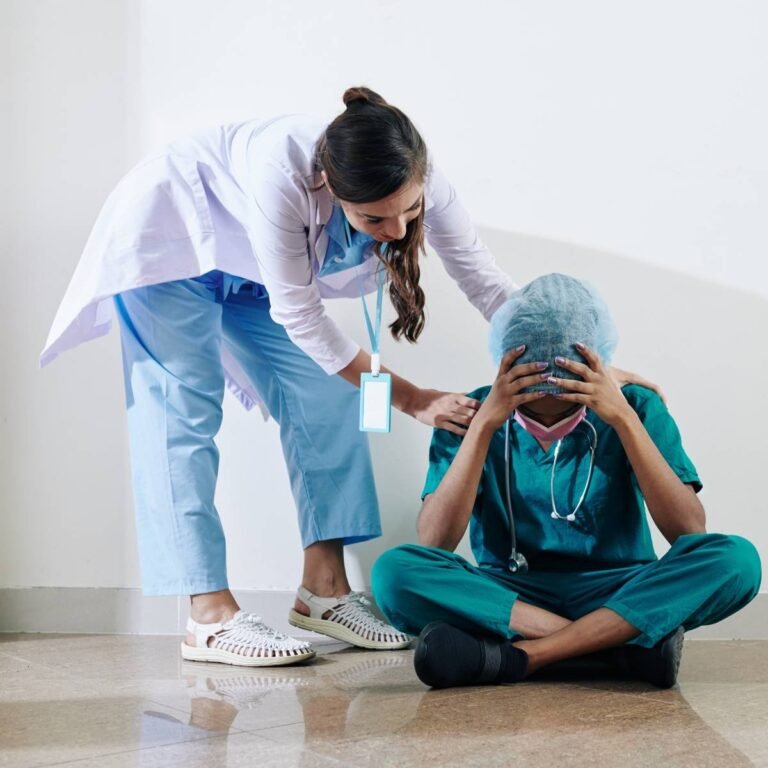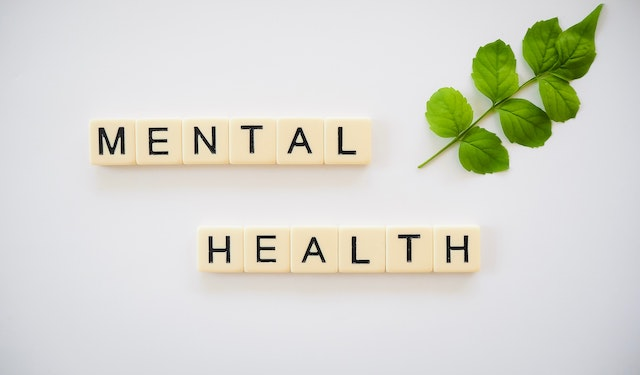
mental health first aid guidance
Introduction to Mental Health First Aid
Mental Health First Aid (MHFA) is a training program designed to teach individuals how to help others who are experiencing mental health problems or emotional crises. Much like traditional first aid for physical health, mental health first aid aims to provide immediate assistance, support, and guidance until professional help is available.
In today’s fast-paced world, mental health challenges are increasingly common. From anxiety and depression to more serious mental health conditions, understanding how to respond can make all the difference.
The Importance of Mental Health First Aid
- Prevalence of Mental Health Issues: According to the World Health Organization (WHO), approximately 1 in 4 people will be affected by mental health issues at some point in their lives. Yet, mental health is often neglected, leaving many individuals struggling alone.
- Reducing Stigma: Mental health first aid helps reduce the stigma surrounding mental health by fostering an open and supportive environment where individuals feel empowered to seek help.
- Providing Early Support: Early intervention is critical. MHFA training teaches how to recognize warning signs and provide timely support before professional help is needed.
Who Can Benefit from Mental Health First Aid Training?
Anyone can take a Mental Health First Aid course, and it’s especially beneficial for:
- Parents: Helping your children and family members during emotional crises.
- Teachers: Identifying signs of mental health challenges in students and offering early support.
- Healthcare Workers: Recognizing symptoms in patients and ensuring they receive proper treatment.
- Employers and Managers: Supporting employees with mental health concerns in the workplace.
- Community Leaders: Offering emotional support to those facing crises in local communities.
Key Components of Mental Health First Aid
Mental Health First Aid courses typically cover the following areas:
- Recognizing Mental Health Issues
- Identifying common mental health conditions, such as depression, anxiety, and PTSD.
- Understanding warning signs of distress, including changes in behavior, mood, and physical appearance.
- Providing Initial Support
- Learning the “ALGEE” action plan:
- Assess for risk of suicide or harm
- Listen non-judgmentally
- Give reassurance and information
- Encourage appropriate professional help
- Encourage self-help and support strategies
- Learning the “ALGEE” action plan:
- Crisis Management
- Knowing how to manage someone in a mental health crisis, including de-escalation techniques.
- How to help prevent self-harm or harm to others.
- Supporting Recovery and Wellness
- Understanding the recovery process and how to encourage individuals to seek ongoing support.
- Creating an environment that promotes mental well-being.
Benefits of Mental Health First Aid
- Increased Confidence: Participants gain confidence in handling mental health crises with empathy and appropriate action.
- Better Outcomes for Individuals: When mental health issues are addressed early, the outcomes for individuals are much more positive, reducing the risk of more serious conditions.
- Support for Communities: As more people are trained in mental health first aid, communities become more resilient and supportive, creating a network of care.
- Reduced Workplace Stigma: In workplaces, MHFA can create a culture of understanding and inclusion, leading to higher employee morale and productivity.
Mental Health First Aid in Action: Real-Life Examples
- Supporting a Friend with Anxiety
Sarah noticed her friend Tom was often anxious and avoiding social situations. After attending a MHFA course, Sarah recognized the signs of anxiety and was able to offer non-judgmental support, helping Tom reach out to a therapist. - Dealing with a Crisis in the Workplace
In a corporate setting, an employee began exhibiting signs of a mental health crisis, including panic attacks and withdrawal. Thanks to a workplace MHFA-trained manager, the situation was handled swiftly, and the employee received the support they needed to recover.
FAQs About Mental Health First Aid
1. What is the difference between Mental Health First Aid and regular first aid?
Mental Health First Aid focuses on offering initial support to individuals experiencing mental health issues, whereas regular first aid deals with immediate physical health emergencies. Both are essential for a comprehensive response to emergencies.
2. How long does it take to become certified in Mental Health First Aid?
The certification process typically takes 8 hours of training. Some courses may span over multiple days, while others can be completed in a single day.
3. Can Mental Health First Aid prevent mental health crises?
While it can’t prevent all crises, MHFA can significantly reduce the likelihood of escalation by providing early intervention, guidance, and resources for professional support.
4. Is Mental Health First Aid available worldwide?
Yes, Mental Health First Aid programs are available globally in many countries. Different countries may have variations of the program, tailored to the specific needs of the population.
5. What should I do if I don’t know how to help someone in a crisis?
The best thing to do is stay calm, listen without judgment, and encourage them to seek professional help. If needed, call emergency services for immediate support.
Conclusion
Mental Health First Aid is an invaluable skill that everyone should consider learning. By gaining the ability to recognize the signs of mental health issues and offering immediate support, you can make a significant difference in someone’s life. Whether you are a parent, teacher, healthcare worker, or just someone who cares, understanding how to provide mental health first aid can lead to a healthier, more supportive community for everyone.



